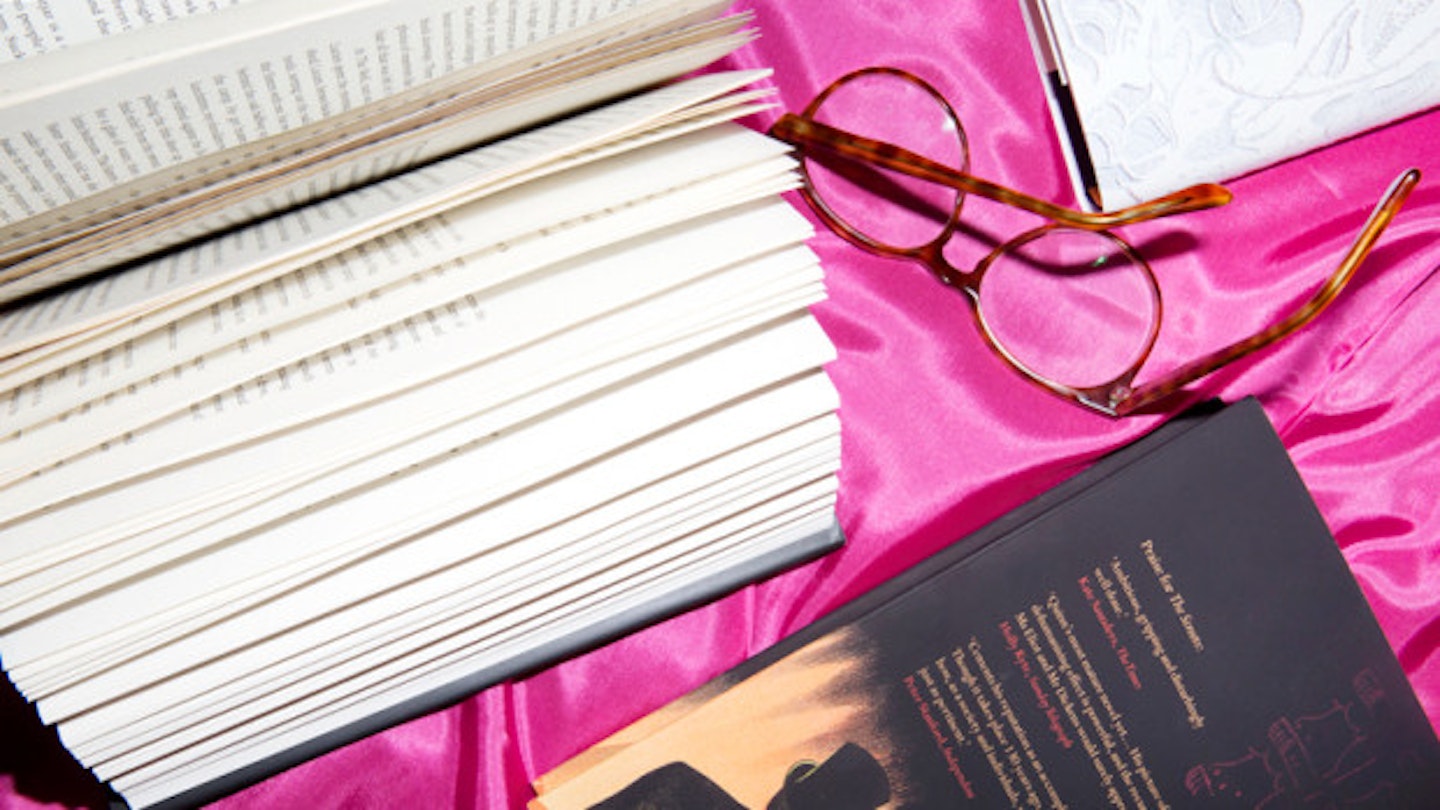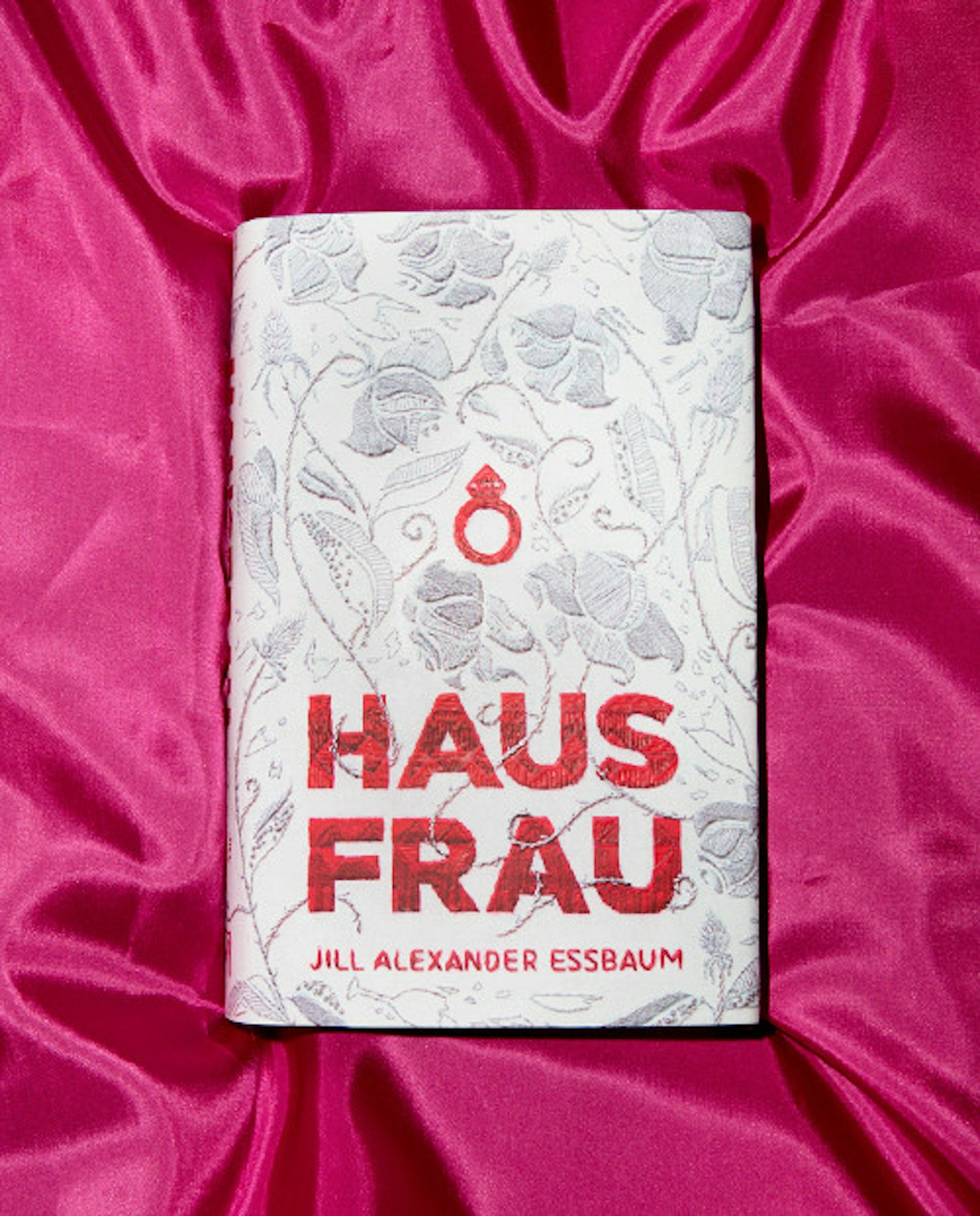
‘Modern day Madame Bovary’ is how many are describing Hausfrau, and not without good reason: Anna is an American housewife, married and living in Switzerland. She has three children and at least as many lovers. What lifts the novel from feeling like little more than homage is Anna herself. She’s cold, selfish and unusually ruthless. But we know from the outset that something awful is going to happen, and despite Anna’s impulses, you still dread it with every page you (compulsively) turn. The Girls-level frankness of the sex scenes set against the cleverly drawn Swiss banality add to the strangely hypnotic reading experience. You’ll want to discuss it immediately.
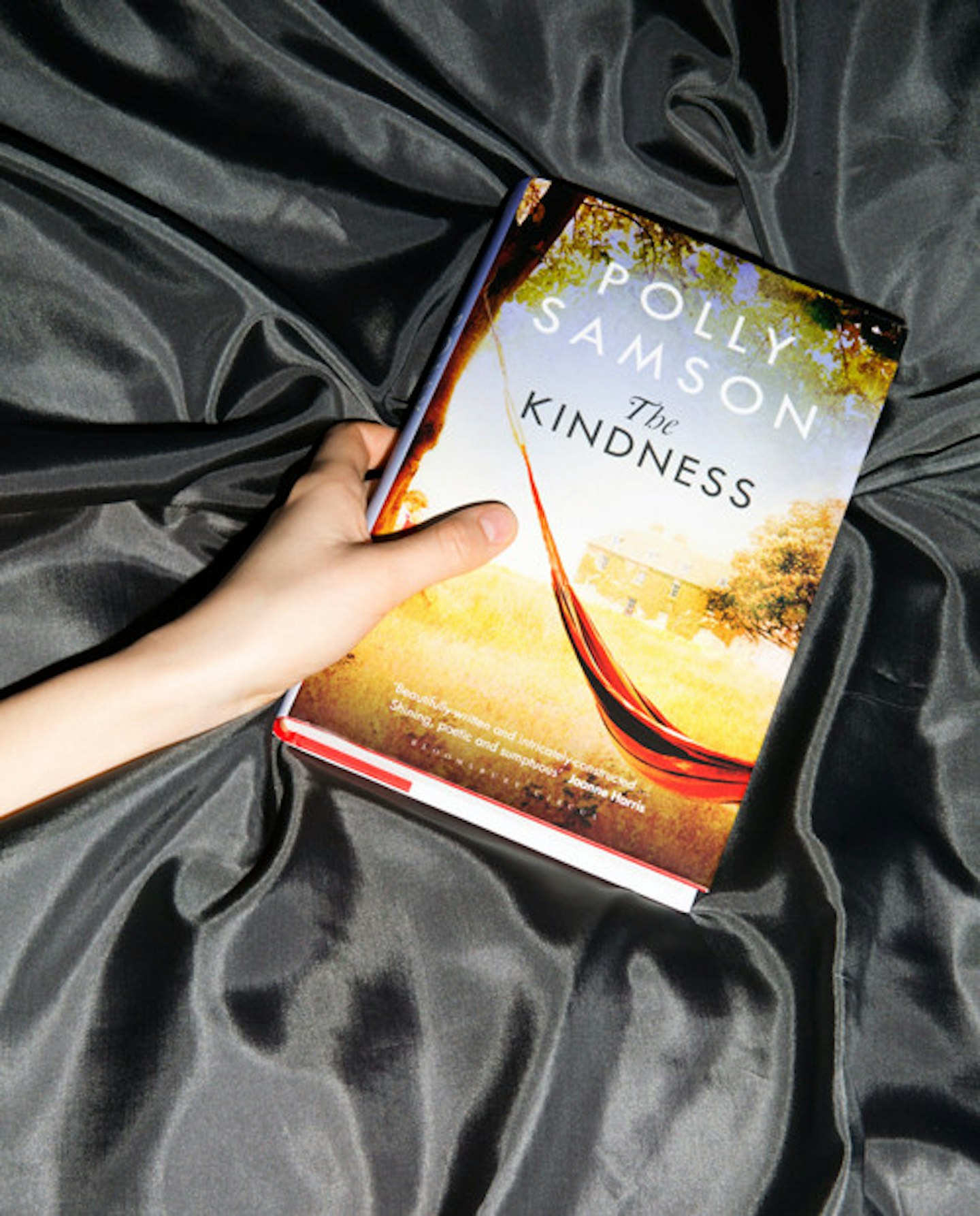
There’s a secret in The Kindness too, but the dread this time is because the couple involved are so hugely in love. A poetic meditation on love and grief, it sees Julian and his beloved Julia reject both their age gap and the advice of their friends to set up home together. When the promise of returning to his childhood home, and a fragile young daughter are added to the mix with that secret, you’re almost reading through your hands. It’s far from a thriller - there is too much pause for and relishing in description for that. But its beauty on a scene by scene basis (it sometimes feels like an exceptionally well directed short film) keeps you reading with a magnetic power.
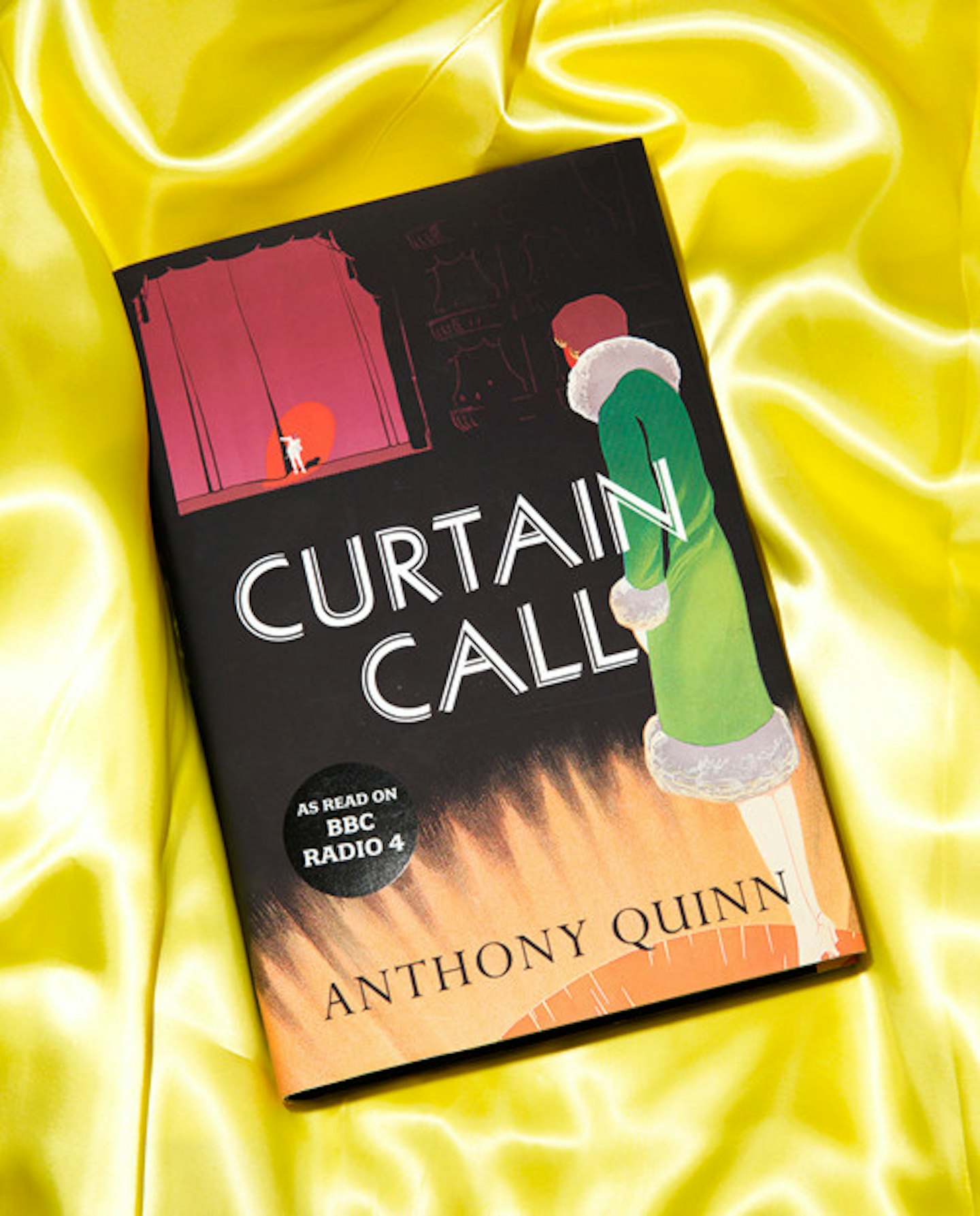
A whodunnit set in 1930s theatre land is a premise that might seem somewhat dogeared by now, but it’s rarely been done as well as it is here. There’s a huge cast - actresses, an egomaniac theatre critic, society painters and several of pre-war London’s scummiest and most glamorous appear as the hunt for the Tie-Pin Killer continues. But each of them seems entirely real rather than a lipsticked stereotype: this is historical fiction in proper fleshy colour, as seen in Sarah Waters novels rather than cheesy TV dramas. It’s witty, insightful and, at times, surprisingly tender about a time when being gay was still illegal. But above all it’s really good fun.
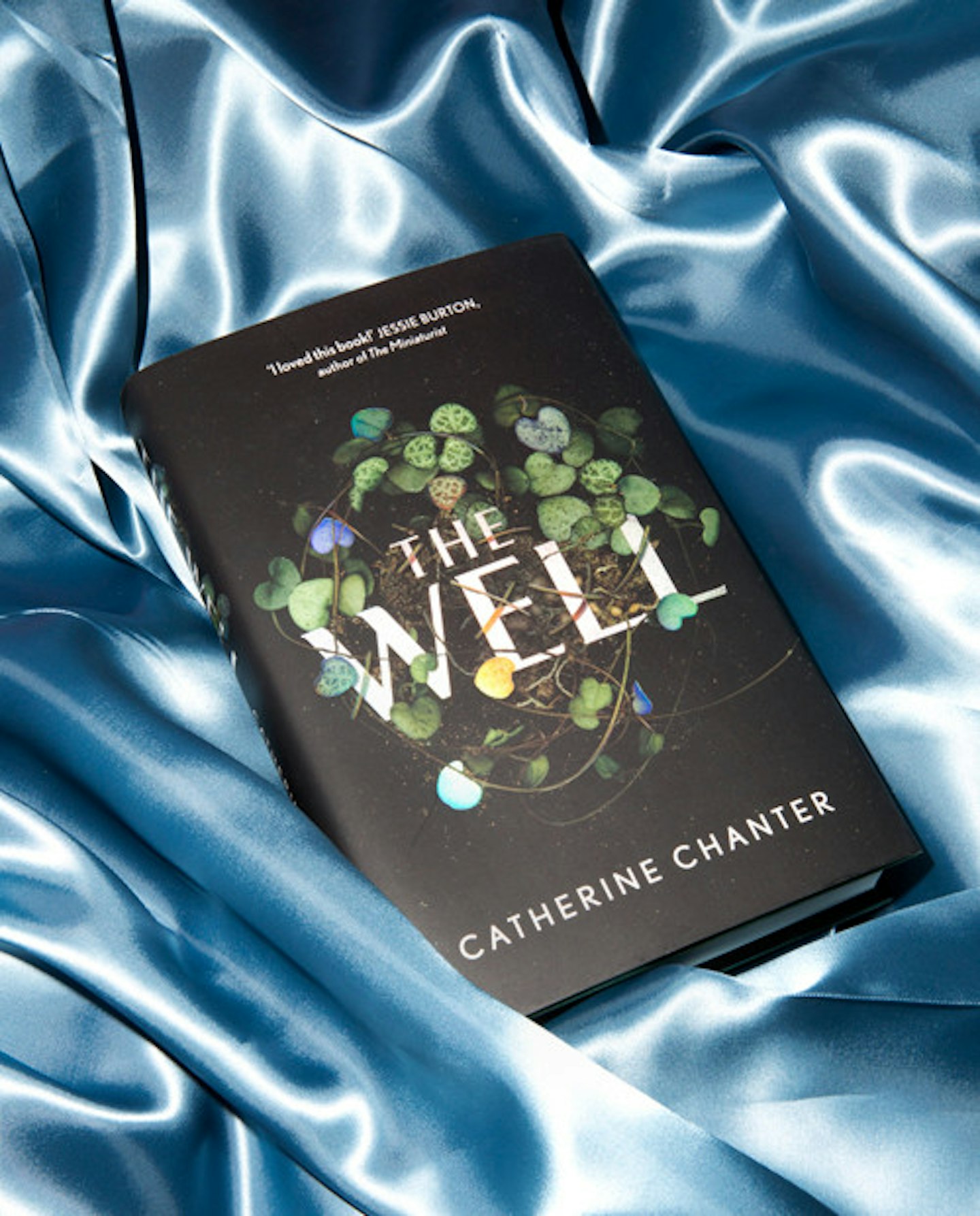
The Well is not for those in need of light-relief or uncomplicated lolz on the tube home. But there’s a reason Chanter has been garlanded with ‘new face’ and ‘rising star’ accolades before publication: this book is extraordinary. Ruth Ardingly and her husband leave the grime of London for an idyllic farm, The Well. The dream dies fast when the rest of county suffers debilitating drought while The Well alone flourishes. Naturally they offer hospitality to visitors needing help - a young mother and son, some hippyish types and a few nuns. A few incredibly sinister nuns, whose woman-centric Christianity believes that it’s the men poisoning the land. The power Ruth finds in them, and The Well, is intoxicating, but the flashback structure means we know it’s not going to end, um, well. This is proper feminist post-apocalyptic fiction for those who are still missing Station 11.
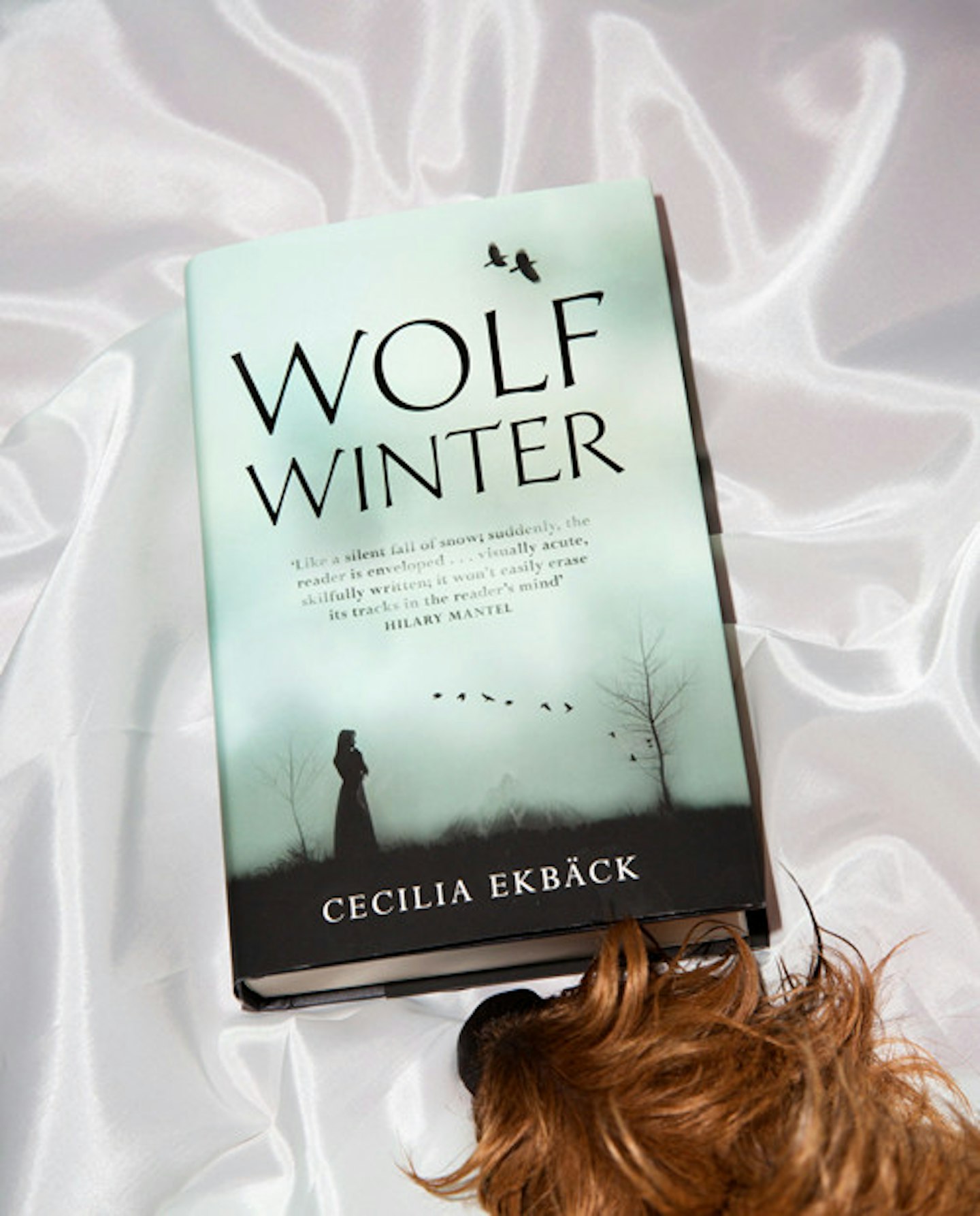
Just when we though Fortitude might have marked ‘peak Scandi’, along came Wolf Winter. And it’s bloody brilliant. Set in 18th century Swedish Lapland, it sees a group of settlers arriving to escape a bleak past, only to have their teenaged daughter discover a mutilated body that the locals are a little too keen to blame on passing wolves. There are hints of the supernatural, a creepy mountain that dominates the landscape, and a long, dark winter that almost feels like a character of its own. Chilling in every sense of the word, it has a mystery with the same tug that The Miniaturist did, as well as a comparably unique sense of place. Hilary Mantel and Lee Child are fans, so get your fair-isle onesie on and get stuck in.
Like this? Then you might also be interested in:
Podcast: Listen To Us Get Drunk And Talk About Paula Hawkins' New Book Girl On The Train
Self Help Books With Embarrassing Titles That Are Actually Awesome
Here's Some Literary Prozac To Cheer Up This Horrendous Month
Follow Alex on Twitter @Hemmo
Pictures: Jake Kenny
This article originally appeared on The Debrief.
